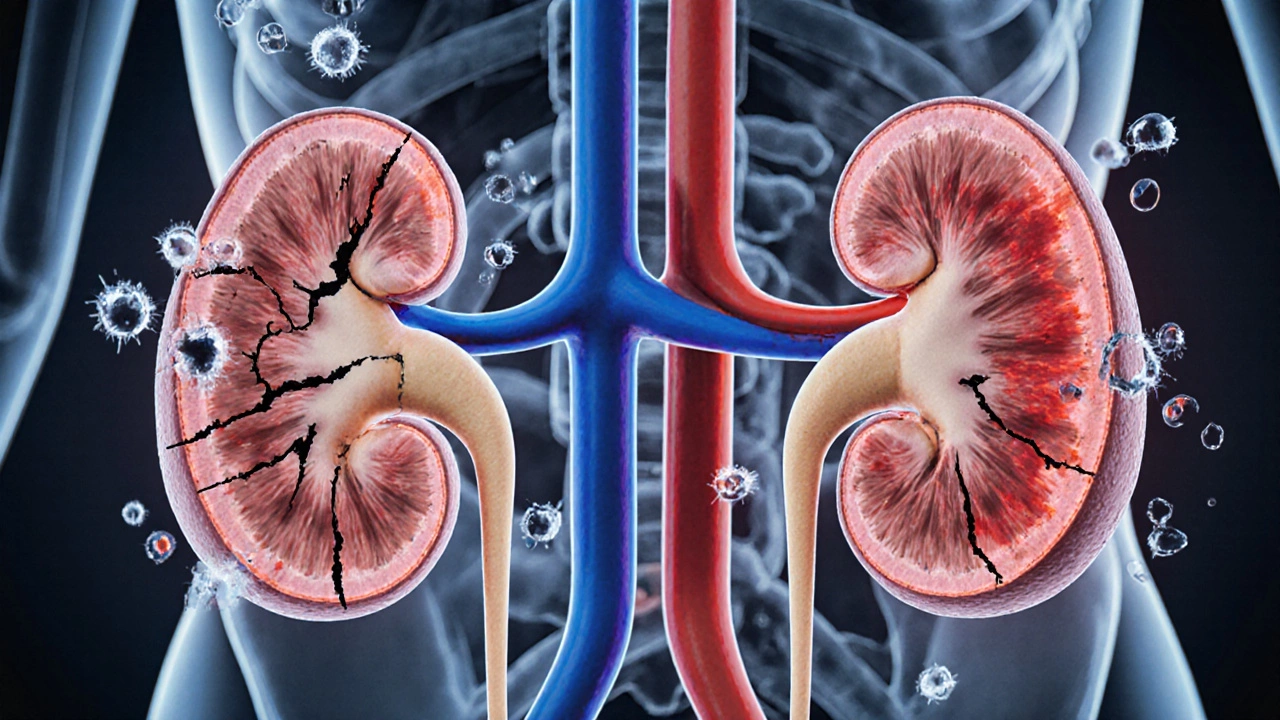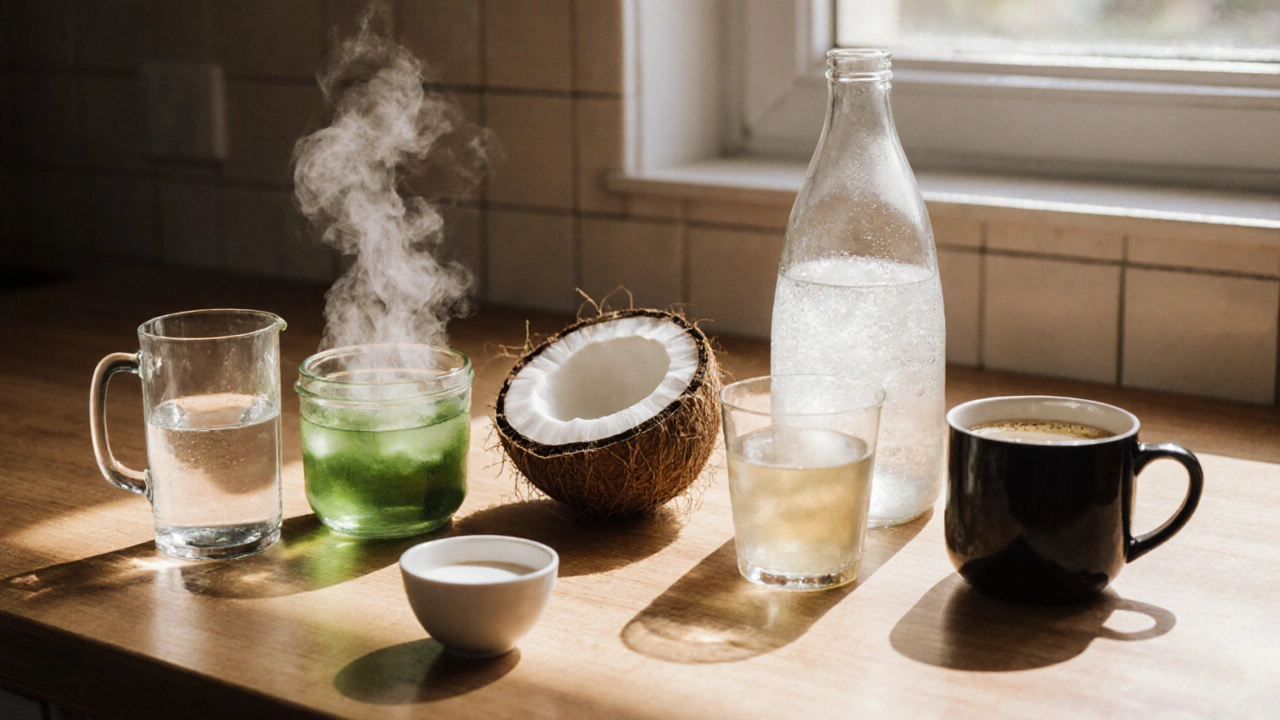Health Insights for Wine Geeks: What 20 Years of Drinking Does to You
If you’ve been sipping wine for a couple of decades, you’ve probably enjoyed the flavours, the socials, the relaxation. But what does that long‑term habit truly do to your body and brain? Knowing the real impact helps you make smarter choices now and avoid nasty surprises later. Below we break down the key effects and give you simple steps to bounce back.
What 20 Years of Drinking Does to Your Body
First off, your liver takes the biggest hit. Alcohol is processed there, and over time the organ can develop fatty buildup, inflammation, and even scar tissue. Those changes don’t show up overnight; they creep in as you keep drinking night after night.
Your heart isn’t safe either. Regular alcohol can raise blood pressure, thicken the heart muscle, and raise the risk of irregular beats. You might feel fine now, but hidden damage can lead to fatigue or shortness of breath during everyday tasks.
The brain feels the strain too. Alcohol interferes with neurotransmitters, which can blur memory, slow reaction time, and affect mood. After twenty years, you may notice you’re forgetful or find it harder to concentrate at work or when you’re tasting new vintages.
How to Turn Things Around After Years of Alcohol
The good news is your body can heal if you give it the right support. Start by cutting back gradually instead of quitting cold‑turkey—your brain and liver adjust better to a slow reduction.
Hydration is a simple yet powerful tool. Water helps flush toxins, supports liver function, and eases hangovers. Aim for at least eight glasses a day, especially on drinking nights.
Nutrition matters. Foods rich in antioxidants—berries, leafy greens, nuts—protect cells from oxidative stress caused by alcohol. Pair meals with a small glass of wine rather than drinking on an empty stomach to slow absorption.
Exercise is a fast‑track to recovery. Even a brisk 30‑minute walk boosts circulation, reduces liver fat, and improves mood. Consistency beats intensity; a daily habit is more beneficial than occasional marathon sessions.
Finally, don’t shy away from professional help. A quick chat with a GP or a counsellor can give you a personalised plan, including any needed supplements or therapy. You’re not alone, and many wine lovers have successfully reset their health.
Staying mindful of these changes doesn’t mean you have to give up wine forever. It means enjoying it responsibly, listening to your body, and giving yourself the tools to stay healthy for the long run.
No alcohol is truly safe for kidneys, but beer and wine may reduce kidney stone risk better than vodka due to water content and antioxidants. Moderation matters more than type.
View DetailsDiscover why water is the number one healthiest drink, how it scores against green tea, kefir, and more, and get practical tips to stay optimally hydrated.
View DetailsNew Hampshire tops the U.S. for alcoholism, driven by culture, taxes, and festivals. Learn why, see the state rankings, and discover practical steps to curb alcohol abuse.
View DetailsExplore what really happens to your body after 20 years of drinking. Find out how alcohol impacts your organs, brain, and daily life—plus tips to reverse the damage.
View Details




